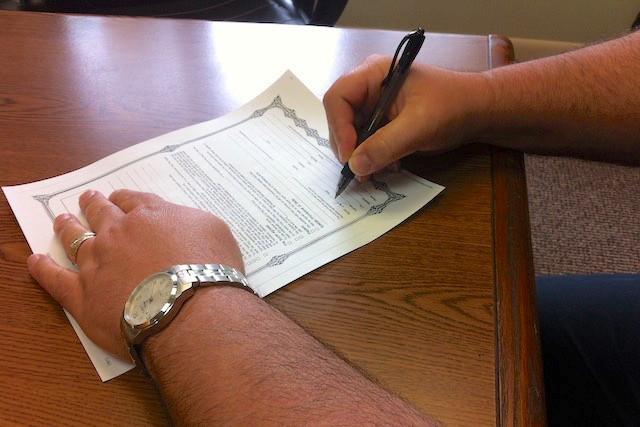The response was overwhelmingly: take care which estate agent you trust and read the fine print of your preliminary sales agreement. Don’t sign anything if you are not sure you understand exactly what it implies.
“Do your research and get some local independent help,” was one piece of advice that came from a local homeowner who recalled, “the mess we got into by trusting the estate agent.”
Another reader who has bought and sold several times in Luxembourg went as far as saying, “Be on your guard with estate agents--95% range from incompetent to devious.” Strong words, but why? “You will be doing all the running around yourself.” In order to understand this issue better, Delano will come back to the subject of estate agents in another article later this week.
In addition to being careful which estate agent you trust, Delano readers had some other top tips on the preliminary sales agreement (compromis de vente).
“Never sign a ‘compromis’ without the seller having signed it first,” was one piece of advice.
The preliminary purchase agreement is a contract signed between the buyer and seller of the property. It is not a mandatory contact, however, where it is drawn up, it legally binds both parties and the buyer may be requested to pay a deposit at this stage. The idea is to ensure that neither pulls out of the purchase process.
A preliminary sales agreement should contain the following elements: identification details for both the seller and the buyer; a full description of the property and the surface area; the purchase price; mortgage information; and any penalties, if one of the parties does not conclude the sale.
“For the compromis, be clear about what you need as conditions, you can make manual changes if both parties initial it. For example, if you need to apply for credit be aware if the time your bank needs and factor in bank and school holidays which can cause delays,” advised one Delano reader.
“Keep in close written contact with the seller and agent once the compromis is signed. If you exceed the agreed [deadline] without their written consent you could find the agent sells the house to someone else and you still have to pay agent and notary fees.”
